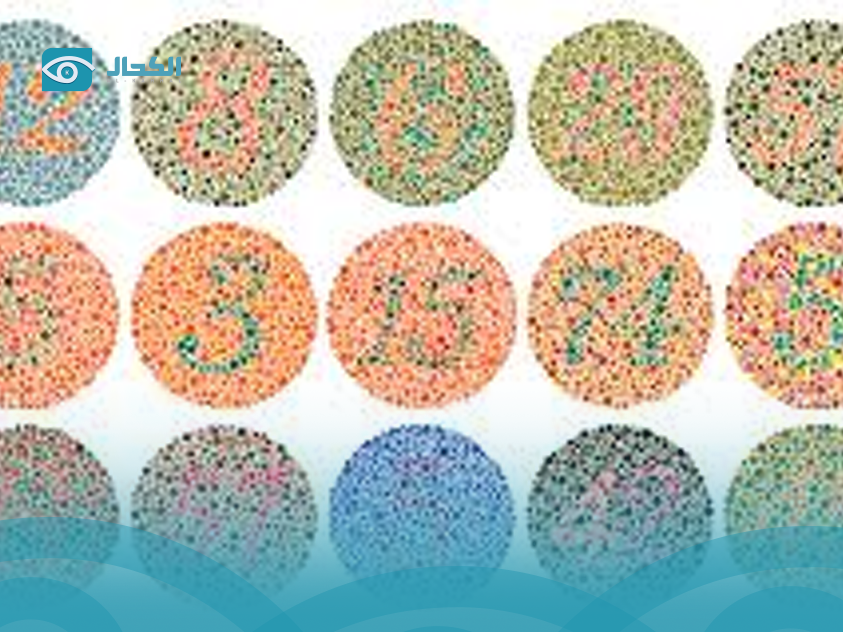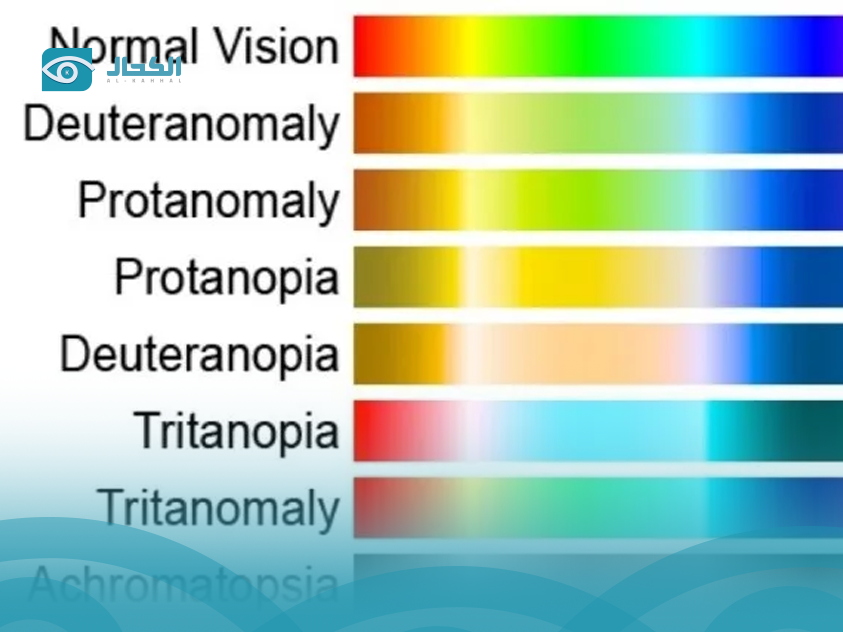
Diabetic Eye Problems: Causes, Symptoms, and Treatment Options
Diabetic Eye Problems: Causes, Symptoms, and Treatment Options

Diabetic Eye Problems: Causes, Symptoms, and Treatment Options
Diabetes can have serious implications for various parts of the body, including the eyes. Diabetic eye problems are among the most common complications for individuals with diabetes and can lead to vision impairment or blindness if left untreated. Understanding these problems, recognizing symptoms, and seeking timely medical intervention is crucial for maintaining eye health. In this article, we will explore the different diabetic eye problems, their treatments, and the importance of regular screenings- the main points you will find in this article:
Diabetic eye problems encompass a range of eye conditions that are caused by high blood sugar levels over time. The most common issues include:
Diabetic retinopathy: Develops when the blood vessels in the retina are damaged as a result of extended periods of elevated blood sugar levels. It can cause leakage of fluid, swelling, or abnormal blood vessel growth.
Diabetic Macular Edema (DME): Often a complication of diabetic retinopathy, DME occurs when the macula, the part of the retina responsible for sharp vision, swells due to fluid accumulation- resulting in blurred or distorted vision.
Cataracts: Diabetics are more prone to developing cataracts, a clouding of the eye's lens that impairs vision.
Glaucoma: This condition occurs when there is increased pressure in the eye, leading to damage to the optic nerve.
Diabetic eye disease can develop without any noticeable symptoms in its early stages, which is why regular eye exams are crucial. Individuals with diabetic eye disease may suffer or experience the following as the disease is progressing:
Difficulty reading or focusing on objects
Seeing dark spots or floaters
Sudden vision loss or flashes of light
If you have diabetes and experience any of these symptoms, it's essential to seek the help of diabetic eye doctor immediately- to find a “diabetic eye doctor near me” - scroll down this article to section “ Finding a diabetic eye doctor near me”.

Diabetic eye screening is one of the most important tools for preventing vision loss in people with diabetes. A diabetic eye doctor will typically perform a series of tests, including:
Dilated Eye Exam: This is the most common screening tool for diabetic retinopathy. During this exam, the doctor will dilate (widen) your pupils to examine the retina and look for signs of damage.
Optical Coherence Tomography (OCT): This imaging technique provides a detailed cross-section of the retina, allowing the doctor to detect fluid accumulation or other abnormalities.
Fluorescein Angiography: In this test, a dye is injected into your arm, and photographs are taken of the retina as the dye travels through its blood vessels. This test helps detect abnormal vessel growth and leakage.
Regular diabetic eye screening can be life-changing for individuals with diabetes, as it provides an opportunity to catch and manage problems before they worsen.

Retinopathy treatment depends on the stage and severity of the disease. Early detection through diabetic eye screening is essential for effective management. Here are the common treatment options:
Laser Therapy (Photocoagulation): This is the most common form of retinopathy treatment. It involves the use of a laser to seal or shrink abnormal blood vessels in the retina. Laser therapy can slow the progression of diabetic retinopathy and prevent further vision loss.
Anti-VEGF Injections: These injections, such as Avastin or Lucentis, are administered directly into the eye. They help reduce the growth of abnormal blood vessels and decrease fluid leakage in the retina, especially in cases of diabetic macular edema.
Vitrectomy: This surgical procedure is used in advanced cases of diabetic retinopathy where there is bleeding into the eye or significant scar tissue formation. A diabetic eye doctor will remove the vitreous gel and any blood from the back of the eye, helping restore vision.
Beyond medical treatments and regular screenings, managing diabetic eye disease requires lifestyle changes and careful management of diabetes:
Control Blood Sugar Levels: High glucose levels can damage blood vessels in the eyes, so it's important to monitor your levels regularly and follow your doctor’s advice on diet and medication.
Manage Blood Pressure and Cholesterol: High blood pressure and cholesterol levels can exacerbate diabetic eye disease, so it's crucial to keep these under control through diet, exercise, and medication.
Quit Smoking: Smoking increases the risk of diabetic eye disease and can accelerate its progression. Quitting smoking can help protect your eye health and reduce the risk of complications.

Finding the right diabetic eye doctor near me is critical to managing your diabetic eye problems effectively - At Alkahhal Clinics, we have specialized ophthalmologists and optometrists with experience in diabetic eye disease who can provide tailored care and the latest treatments to help preserve your vision- We are located in Aldammam and Al Ehsaa- please click here “Finding the right diabetic eye doctor near me” to take you to the appointment scheduling page right a way.
Diabetic eye problems can significantly impact your vision and quality of life, but early detection and treatment can help manage these conditions effectively. Regular diabetic eye screening, timely intervention, and proper management of diabetes are crucial steps to preserving your vision. Whether you need retinopathy treatment, cataract surgery, or glaucoma management, seeking care from a qualified diabetic eye doctor is the best way to protect your eyesight. Don't wait until symptoms appear—schedule a screening today to safeguard your vision for the future.
Diabetes mainly affects the eyes by damaging blood vessels and nerves, leading to retinopathy, macular edema, cataracts, and glaucoma
Retinopathy treatment depends on the stage and severity of the disease. Here are the common treatment options: Photocoagulation, Anti-VEGF Injections & Vitrectomy Surgery
High glucose levels can damage blood vessels in the eyes, so it's important to monitor your levels regularly and follow your doctor’s advice on diet and medication.
The main Type 2 diabetes eye diseases are: Diabetic retinopathy (with or without macular edema) , Cataracts & Glaucoma